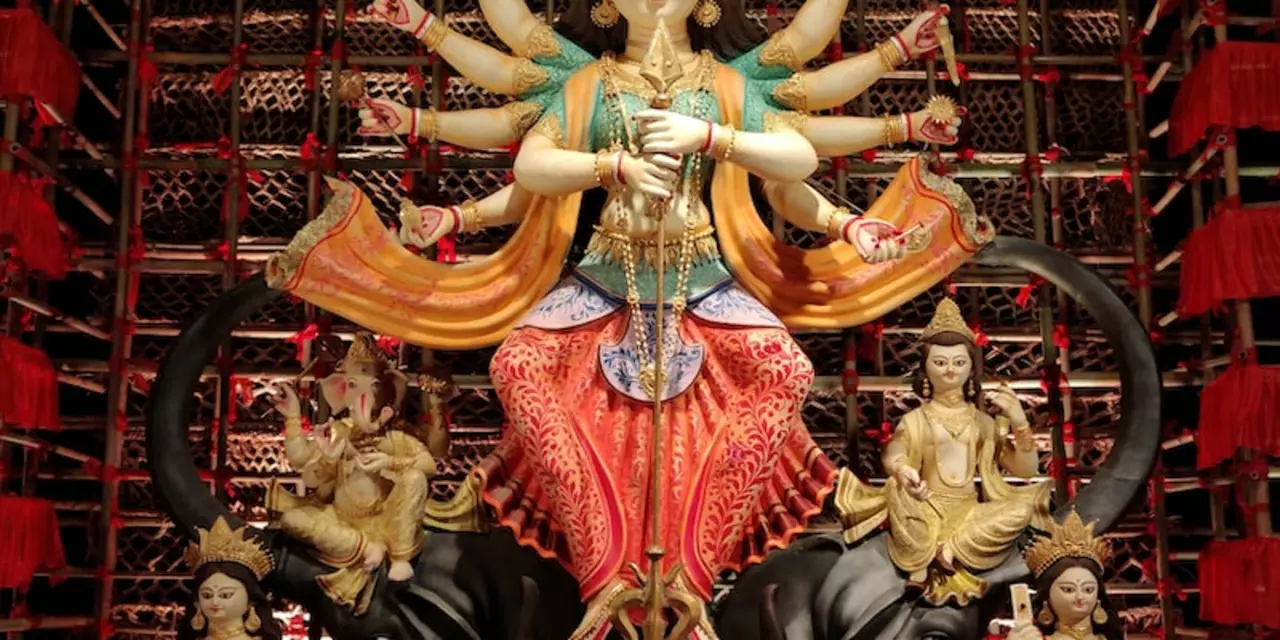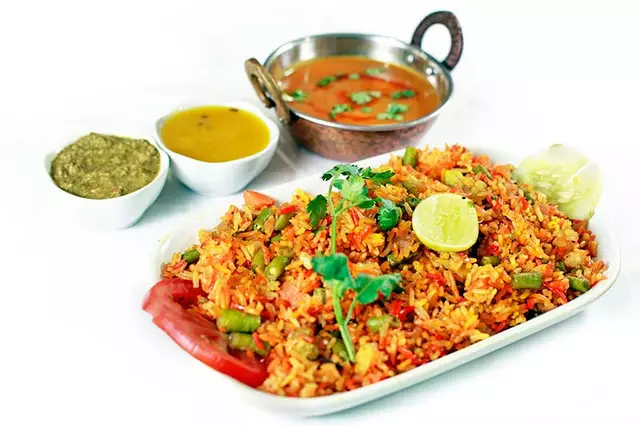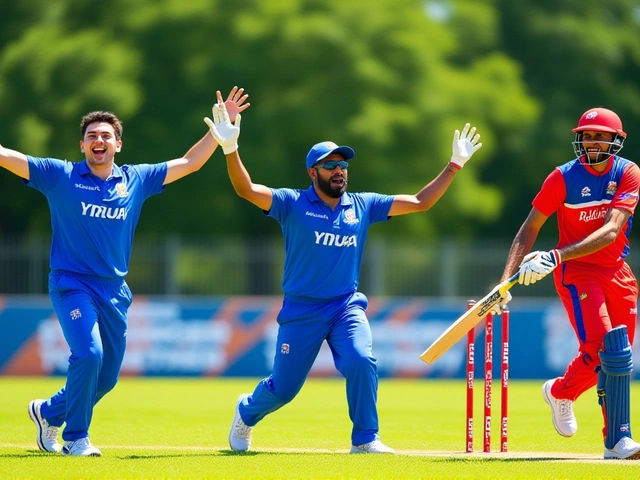The Pressure of Dowry and Its Effects on Indian Marriages
Dowry is a long-standing tradition in Indian culture, with roots going back centuries. It is an agreement between the bride and groom's families in which the groom's family pays the bride's family a certain amount of money or gifts. Dowry was originally intended to be a way for the bride's family to provide economic security for the bride in her marriage, but in recent years it has become a major source of pressure and stress for brides and their families.
The pressure of dowry has become so pervasive in Indian marriages that it is now an expected part of the process. Brides and their families are expected to provide a certain amount of money or gifts to the groom's family in order to secure the marriage. This can be a huge financial burden on the bride's family, as they may not have the resources to provide the amount of money or gifts expected. This can lead to significant stress and anxiety as families struggle to come up with the money or gifts needed to make the marriage happen.
The pressure of dowry has also caused a great deal of tension and conflict between the bride and groom's families. Many families feel that they have been taken advantage of and this can lead to arguments and disputes. This can lead to a breakdown in trust between the two families, making it difficult for them to work together to make the marriage successful.
The pressure of dowry has also had a negative effect on the marriage itself. Many couples feel that the dowry is a burden, and it can take away from the joy and excitement of the marriage. This can lead to a lack of communication and understanding between the couple, and can lead to resentment and unhappiness in the marriage.
The pressure of dowry is one of the harsh truths about Indian marriages. While it was originally intended to be a way to provide financial security for the bride, it has become a source of financial stress and tension for many families. It has caused conflict between the bride and groom's families, and has had a negative impact on the marriage itself. It is important for couples to be aware of the pressure of dowry and to be prepared to address it in a respectful and understanding way.
Examining the Social Stigma of Divorce in Indian Society
In India, marriages are considered sacred, and divorce is still considered a social taboo. Even though divorce rates are rising in India, and divorce is becoming more socially acceptable, there is still a lingering stigma attached to it. This stigma has a lot to do with the societal pressures that Indian families put on couples who are considering divorce.
The pressure to stay in an unhappy marriage is immense. Divorce is seen as a failure, and those who do get divorced are often seen as irresponsible, immoral, and selfish. This stigma is so strong that many couples remain in unhappy marriages, even when they know that it would be better to separate.
The social stigma of divorce is also rooted in a deep-seated belief in India that marriages should be forever. This is rooted in the Hindu tradition, which states that a marriage is a bond between two souls that should not be broken. This belief is so deeply entrenched that it can make it difficult for couples to move on after divorce, even if they have been unhappy in the marriage for a long time.
The stigma of divorce is also worsened by the fact that there are no laws in India that protect the rights of divorced couples. This makes it difficult for couples to separate peacefully and amicably, furthering the social stigma attached to divorce.
The harsh truth about Indian marriages is that the social stigma of divorce is still strong. While divorce is becoming more socially acceptable, it is still seen as a failure, and those who get divorced are often judged harshly by society. This can make it difficult for couples to move on after divorce, and can even lead to couples staying in unhappy marriages.
Exploring the Role of Religion in Regulating Indian Marriages
Marriage is a sacred institution in India and it has been regulated by religious and social norms since ancient times. Religion plays a major role in how marriages are conducted and the decisions that are taken by the couple and their families. Indian marriages are often considered to be a combination of religion, tradition, and culture.
Religion forms the basis of Indian marriages and it is the primary factor that influences the selection of a partner. In Hinduism, marriage is considered to be a sacrament and it is believed that the couple are united for seven lives. This makes it important for the families to ensure that the bride and groom are of the same caste and religion.
Religion also has an impact on the marriage rituals that are followed. Hindus have specific rituals that are followed during the wedding ceremony and the couple must observe these rituals to be considered married. This includes garlanding the bride and groom, taking them to the temple, and making offerings to the gods.
Religion also plays an important role in the decision-making process when it comes to Indian marriages. Couples are expected to take into consideration the wishes of their families and elders when it comes to the selection of a partner. This is done to ensure that the couple is compatible and will make a good match.
However, religion can also be a source of inequality in Indian marriages. In some cases, religion can be used to justify practices like dowry or the preference for male children. This can lead to the subjugation of women and can result in unfair practices which are not in keeping with the spirit of a marriage.
Religion is an important factor in regulating Indian marriages but it should not be used to justify such practices. It is important to ensure that couples are given the freedom to make their own decisions and that their rights are respected. This will ensure that Indian marriages are conducted in a fair and equitable manner.






